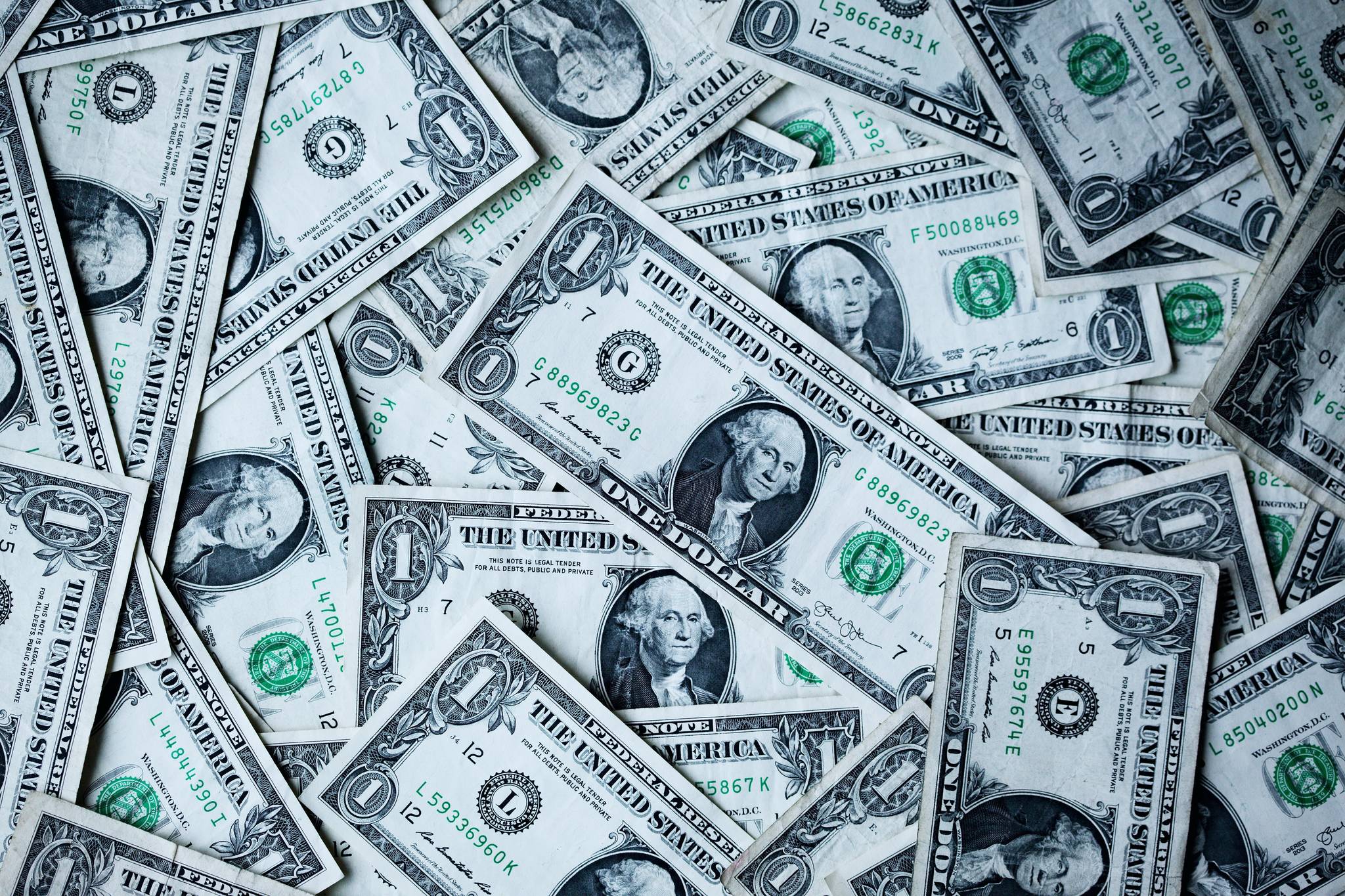Municipal property taxes are due at the end of September. Your CBJ residential water and sewer bill, due monthly, has risen to over $140. In September 2014, that bill was under $100. I’m not suggesting the 42 percent increase isn’t justified. We all want our toilets to flush and clean water coming out of our taps.
Our local Assembly is where hard choices are made about property tax increases and fee hikes in essential services like water and sewer. Decisions require our elected leaders to balance competing community wants and needs against the limited amount of funds available. This often puts them in the unenviable position of having to say “no.” And when they do that, they often cite “cost of living” as a reason.
In July, Alaska’s Department of Labor released its annual report on Cost of Living in the 49th state. The report compares the changing cost of groceries, housing, utilities, transportation, health care and miscellaneous goods and services among cities as well as between state and national averages.
We learned that, thankfully, Alaska inflation hovered near a record low for a third straight year in 2017 and was considerably lower than the national average.
Yet, despite the recession Alaskans are weathering, Alaska is the seventh most expensive state to live in – 23.6 percent higher than the national average. Ranking worse were those you might expect: New York, California, Hawaii (and the District of Columbia) among others.
More revealing is the comparison between cities within Alaska. While many rural communities have higher costs of living than urban areas, of Alaska’s three largest cities, Juneau was costliest at 34.5 percent above the national average.
According to the U. S. Department of Labor, Alaskan households spend 75 percent of their income in three areas: housing, transportation and groceries.
Among eight Alaskan cities surveyed, Juneau was the most expensive place to buy the average single-family home. Even though Juneau has higher household income, it was also the least affordable — requiring 1.7 average paychecks to cover a mortgage payment. Juneau also had the second highest average rent – only Kodiak being higher.
Among larger cities, Juneau groceries were also the most expensive.
How can we best address this? Well, achieving a healthy, growing local economy is one way to decrease the cost of living.
That’s one of the reasons some Assembly members have supported Juneau Access – not just as a way to lower transportation costs that significantly affect prices of many other items, but also to grow the economy with new jobs and stabilize our population.
To keep the CBJ coffers full takes not only taxes, but more businesses and more people to pay them. When the economic pie gets bigger, more people work, spend and pay sales tax and buy taxable property.
Of course, we have other goals as well, and our Assembly has been responsive and generous in providing core needs within our community: public safety, education and infrastructure (including housing).
These sometimes-competing goals in our community help determine whether we will be able to earn a living and raise our families, with good schools, and a quality of life that keeps us safe, comfortable and fulfilled.
But in an economy where our population and jobs are decreasing, the subtle but inexorable increase in our cost of living can threaten that balance.
I would argue that quality of life is improved dramatically when cost of living is reduced. When your disposable income increases, you can afford better housing, purchase more goods, take vacations more frequently, and, generally, reduce stress on your family budget.
A common belief among voters is they can do little to influence the cost of living in their community – that it’s out of their hands and dictated by market forces over which they have no control. But that’s not true.
In recent CBJ Assembly meetings, some members voted against funding expensive new projects, declining to raise property taxes, and refusing to take on additional debt.
These were tough decisions made by elected leaders who realize the importance of lowering your cost of living.
As a voter, you can make a difference by voting for candidates who also understand this.
Make your vote count.
• Win Gruening retired as the senior vice president in charge of business banking for Key Bank in 2012. He was born and raised in Juneau and graduated from the U.S. Air Force Academy in 1970. He is active in community affairs as a 30-plus year member of Juneau Downtown Rotary Club and has been involved in various local and statewide organizations. He contributes a regular column to the Juneau Empire. My Turns and Letters to the Editor represent the view of the author, not the view of the Juneau Empire.

